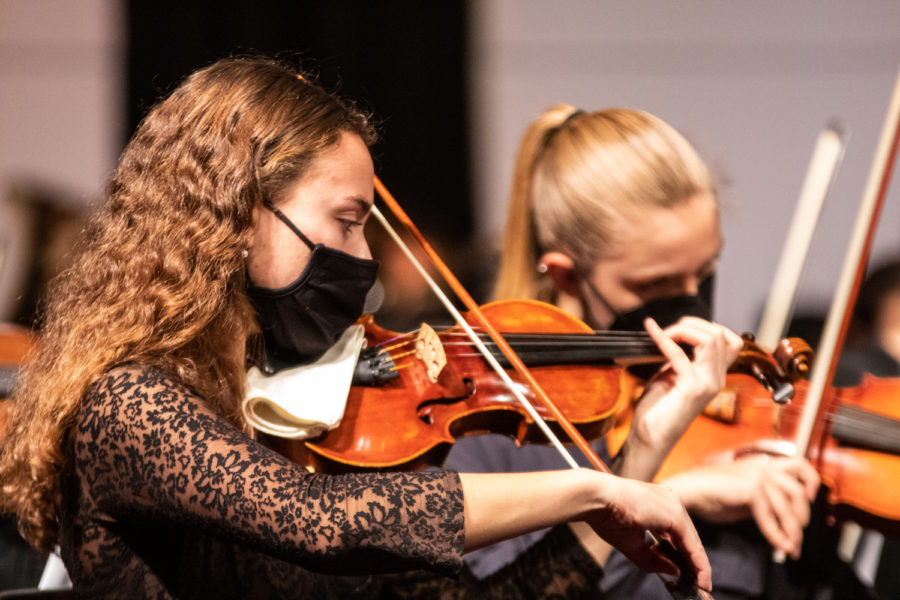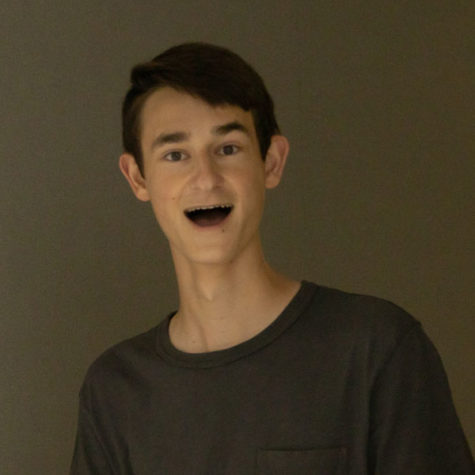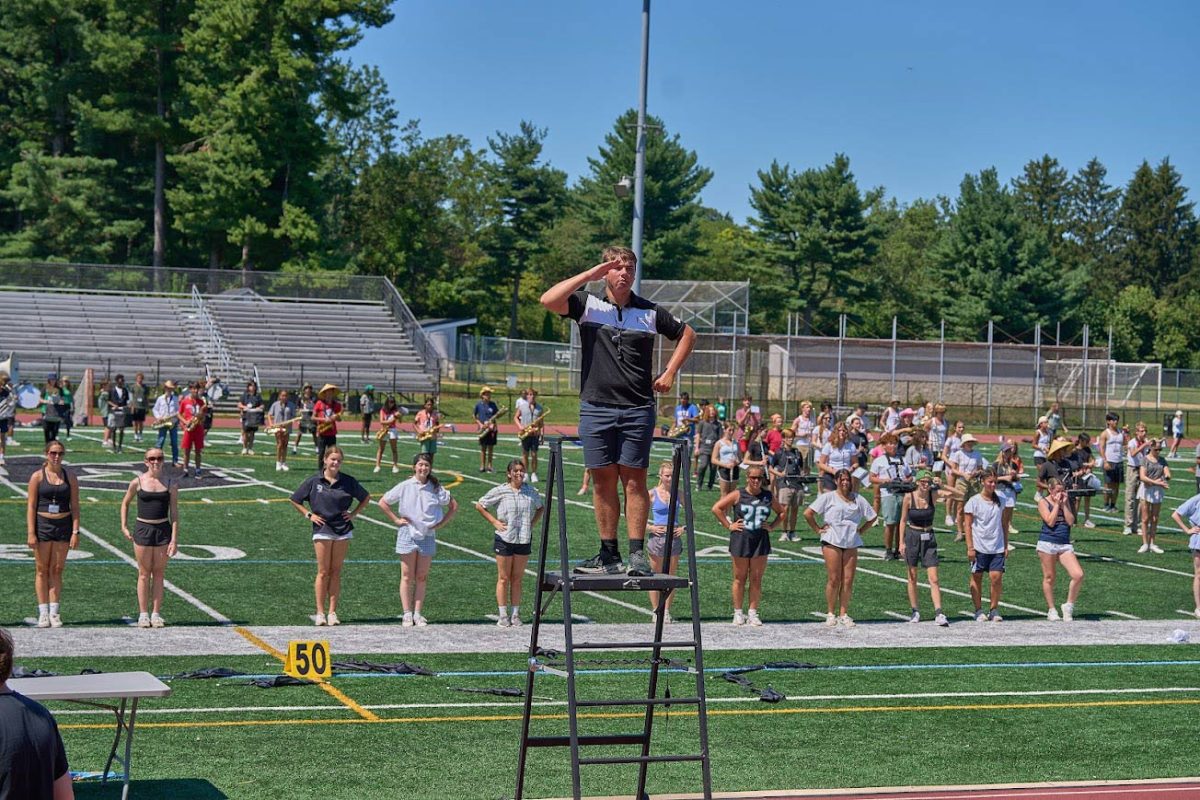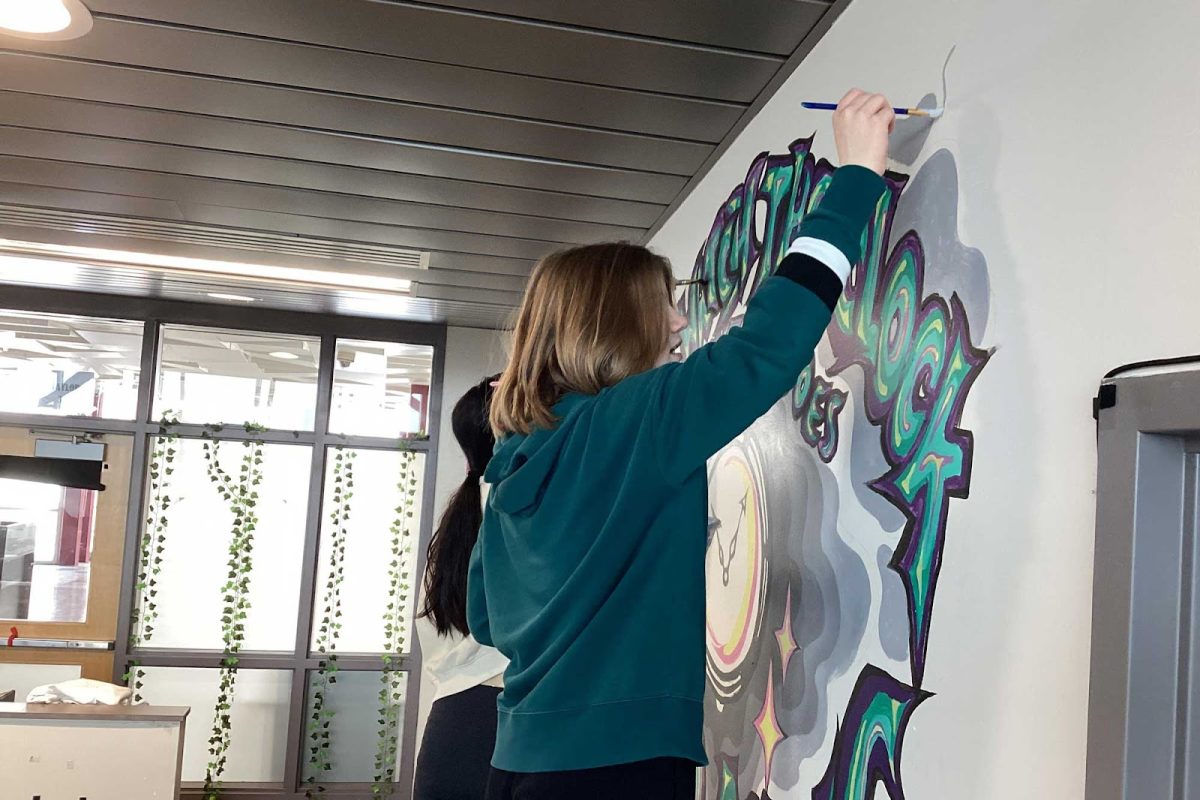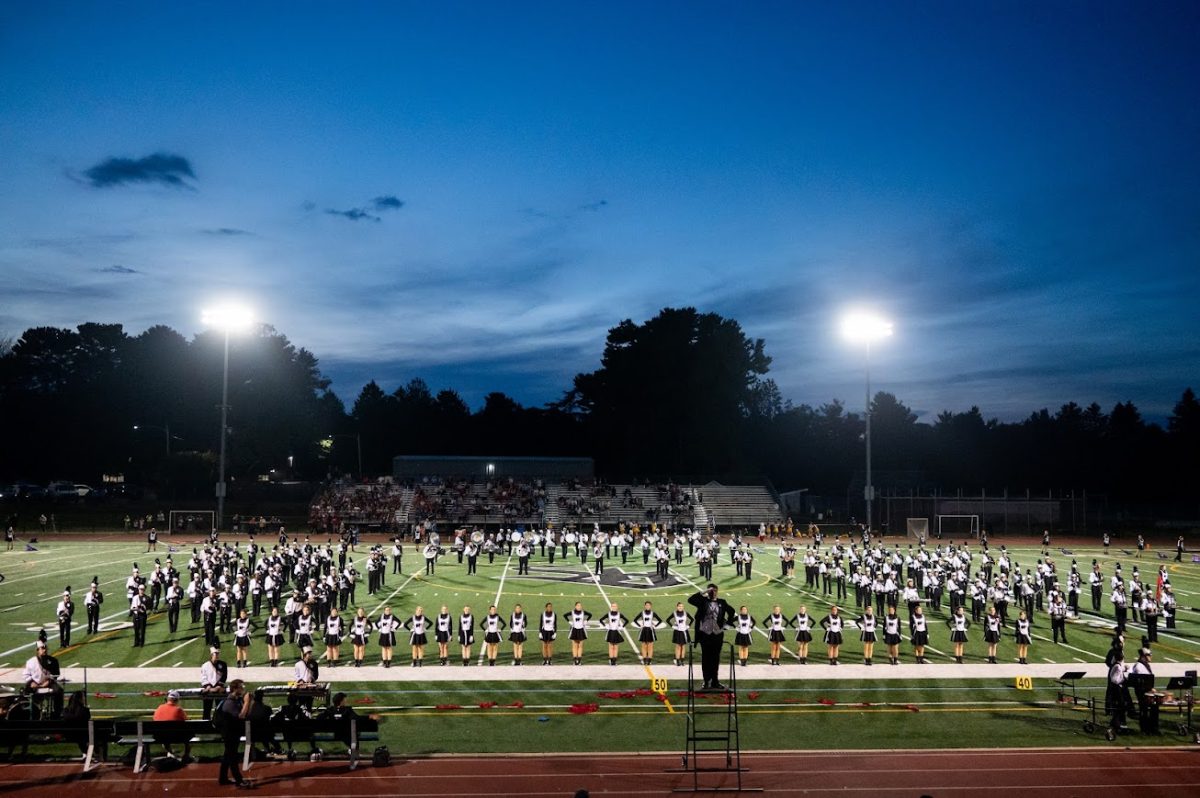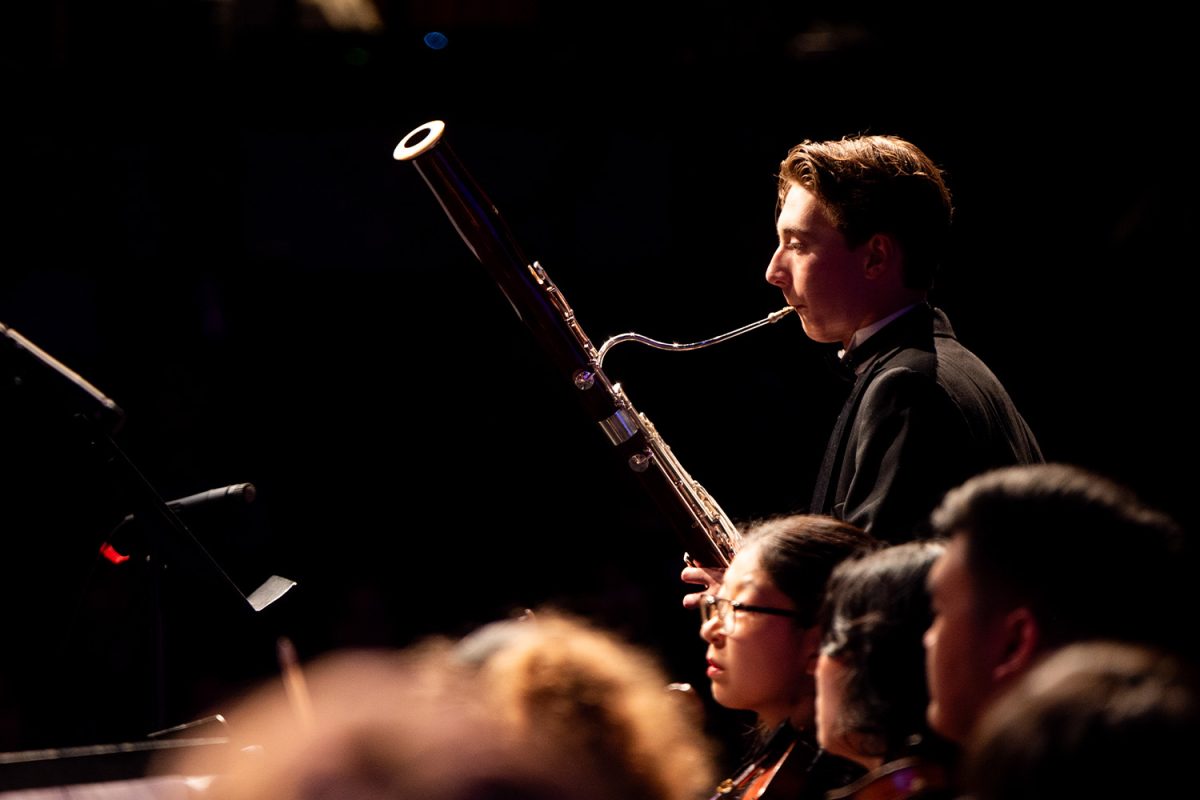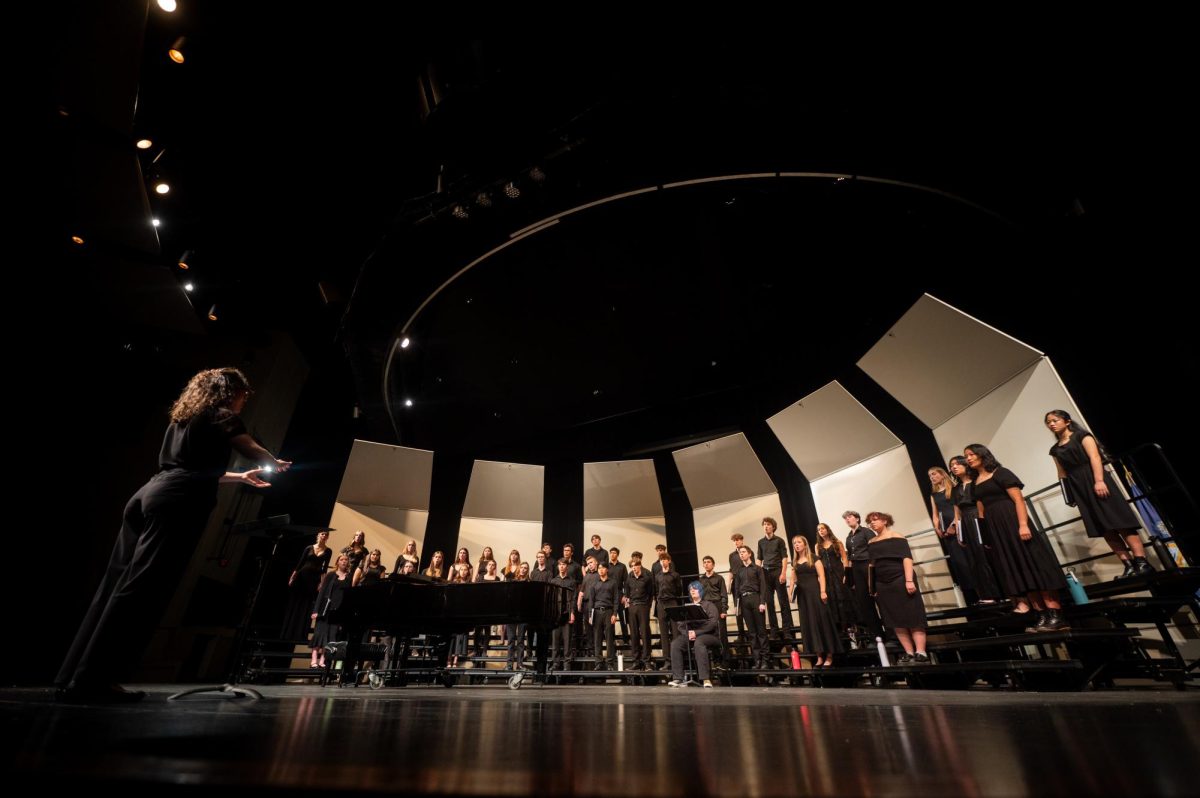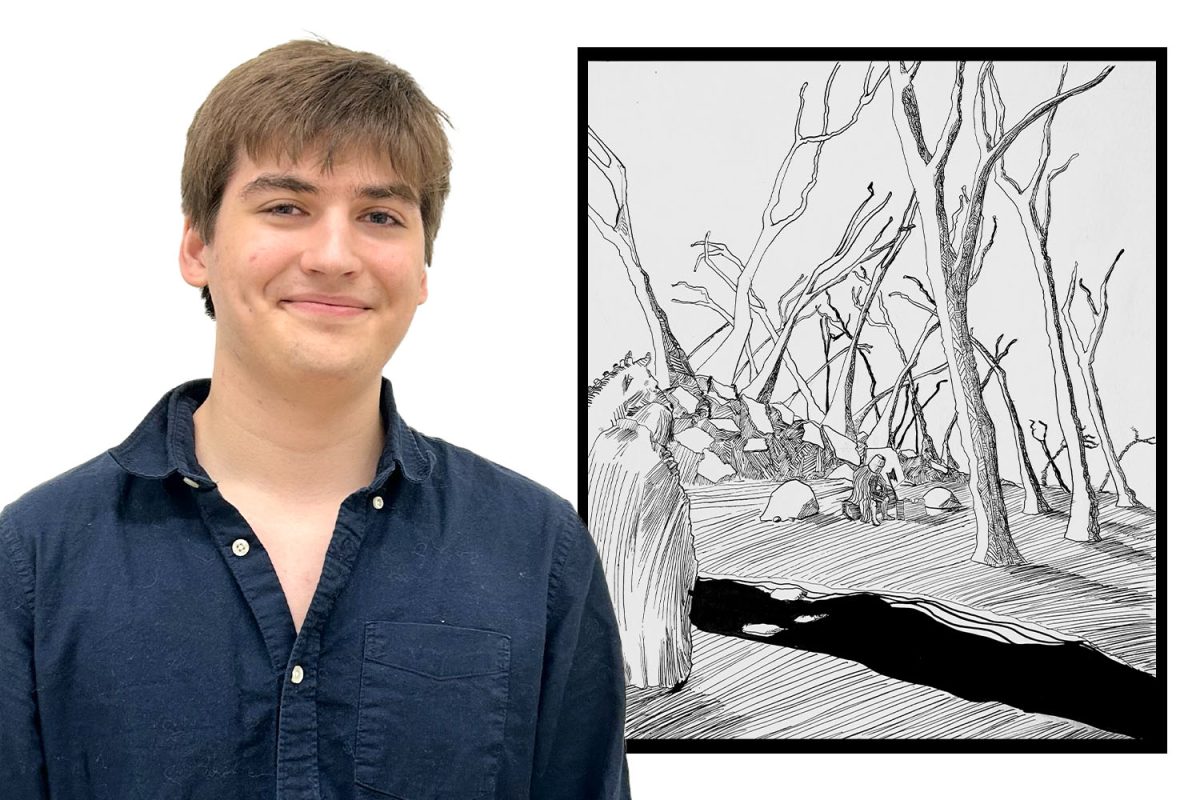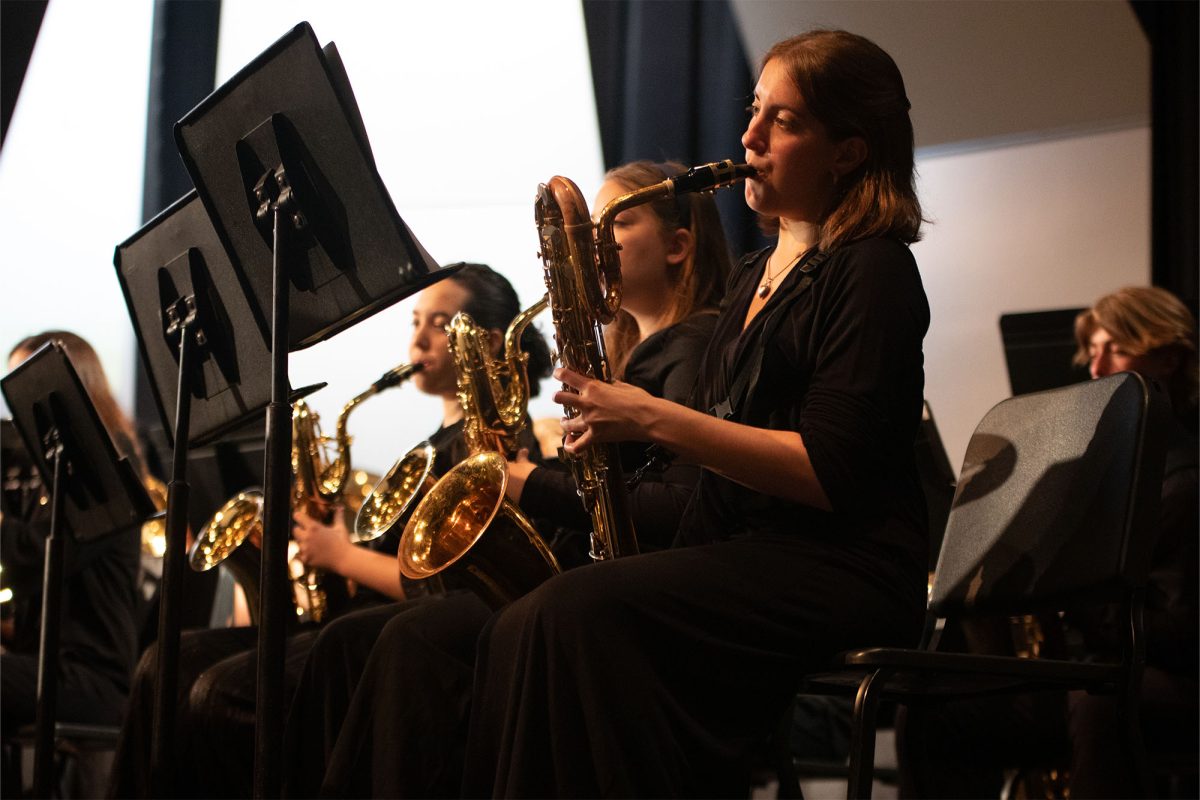December 21 marked a historic event for the Strath Haven Symphony and String Orchestras, Silvertones, and Camerata: their first performance in front of a live audience following two years of silence. On March 16, the symphonic band and wind ensemble took the stage for the first time in over 1,000 days.
The onset of the pandemic in 2020 caused the cancellation of the spring concert and was followed by a long stretch of rehearsals exclusively over Zoom, where students resumed their instrumental and vocal studies virtually. In-person rehearsals started up again in the fall semester, and the musicians began readjusting to playing in a group setting.
These musicians showcased their hard work this year at the December and March concerts, the first of which included a masked and socially-distanced audience, and the second reflected the new mask-optional policy and a fuller crowd. Both concerts were live-streamed to be accessible to families and community members watching from home.
In December, under the baton of conductor Nicholas Pignataro, the orchestras performed a program of Mendelssohn, Bologna, Nishimura, and Beethoven, with the connecting thread of sound quality as the focus for the instrumentalists.
Directed by John Shankweiler, the Silvertones’ program consisted of literature spanning from the sacred Baroque (Lotti) to the present day (Whitacre, Rusby). The Camerata was split into two ensembles, soprano/alto and tenor/bass, before combining to sing a series of pieces connected by the presence of beautiful musical moments and harmonies.
“It was thrilling to be back in our auditorium performing for a live audience,” Shankweiler said. “Virtual performances cannot come close to replacing live ones.”
The performers used singing masks for vocalists and instrument masks for wind players. The student musicians seem to have a great attitude about these adaptations.
“I think the singing masks really improved the concert because we all looked so funny wearing them,” said senior Gretha Fergus, an alto in the Silvertones and Camerata, as well as a member of the PMEA District 12 Chorus.
The March concert included performances from Haven’s instrumental groups, the Symphonic Band, Wind Ensemble, String Orchestra, and Symphony Orchestra. The concert program reports that the pieces displayed “splashes of sonority that sound like aural explosions of light” and “Fireworks!”
One of these explosive songs was written by Tchaikovsky, “1812 Overture,” which often represents Russian nationalism. In order to balance this piece during a humanitarian crisis and at a crucial moment in global politics, the string orchestra prepared the Ukrainian National Anthem, which encouraged many audience members to rise.
Pignataro literally passed his baton to Mr. Dilan Kansara, a student teacher from Temple University, to conduct the piece “Till Earth and Heaven Sing,” on only his third day working with the program. Kansara explained the piece’s significance as a “Black National Anthem” and the importance of appreciating and uplifting such music.
Students clearly felt the significance of once again coming together to meaningfully celebrate music.
“I was happy to have the opportunity to perform live in front of an audience again,” baritone player Henry Stockman, ’22, said.
Pignataro expressed that returning to the auditorium was a special experience for both the performers and the audience.
“There’s nothing like music reaching the ear, the mind, and the heart of another person to make a difference,” Pignataro said. “And that can only be achieved by being in the same space, so to do that is what we’re all about. It was very freeing to make that impact, especially after all the hard work we’ve done for the past two years.”





